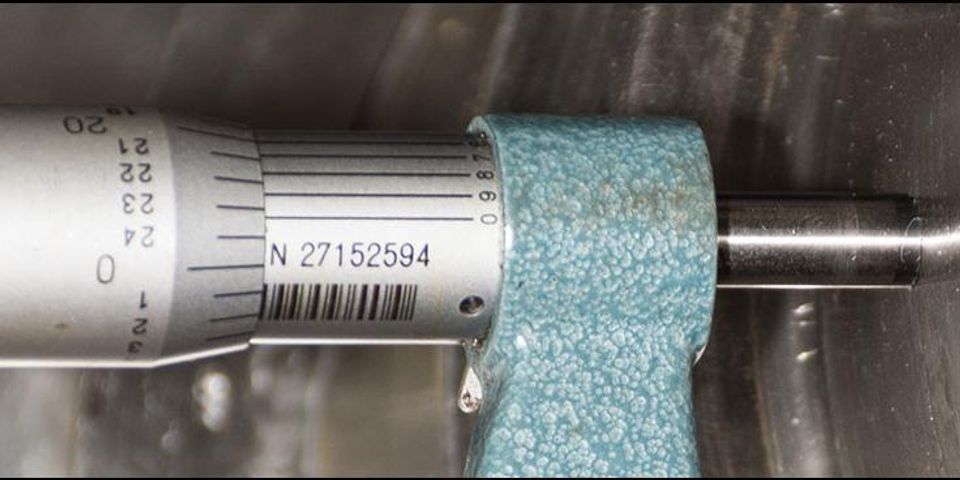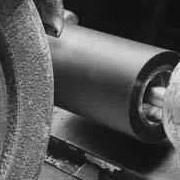3 Essential Factors of Quality Precision Grinding

If you manufacture metal products, it’s very likely that precision grinding has been useful to you in the past. This step in the production process involves several different factors that affect the quality of the results. At R.A. Heller Co. in Cincinnati, OH, they’ve been handling these types of jobs since the 1940s—as experts in the machining industry, they know what needs to happen to ensure that clients receive the best possible results on a consistent basis.
When precision grinding is performed correctly, the following conditions are all on display at the machine shop:
- Proper Temperature: When you manufacture a product, it’s your goal to make sure that each unit is virtually identical to another. As such, when it comes to precision grinding, it’s very important that the environment in which the work is performed is kept at the same constant temperature, as even minor changes can affect the shape and consistency of the metal.
 Correct Setup Procedures: Before the grinding work is done, the machining crew should be sure to remove the roll’s bearings and housings first. Failure to do so could cause the roll to move during the grinding process, which can result in inconsistencies and imperfections in the finished product.
Correct Setup Procedures: Before the grinding work is done, the machining crew should be sure to remove the roll’s bearings and housings first. Failure to do so could cause the roll to move during the grinding process, which can result in inconsistencies and imperfections in the finished product.- Precise Positioning: As the name suggests, precision grinding is the type of work that requires strict attention to detail. The crown of the roll, for example, needs to be in the exact center for the best results.
With 70 decades of experience providing clients with results they can count on, the crew at R.A. Heller Co. in Cincinnati stands out by emphasizing the true importance of precision in their work. Visit them online to learn more about what they have to offer, or call (513) 771-6100.
About the Business
Have a question? Ask the experts!
Send your question

